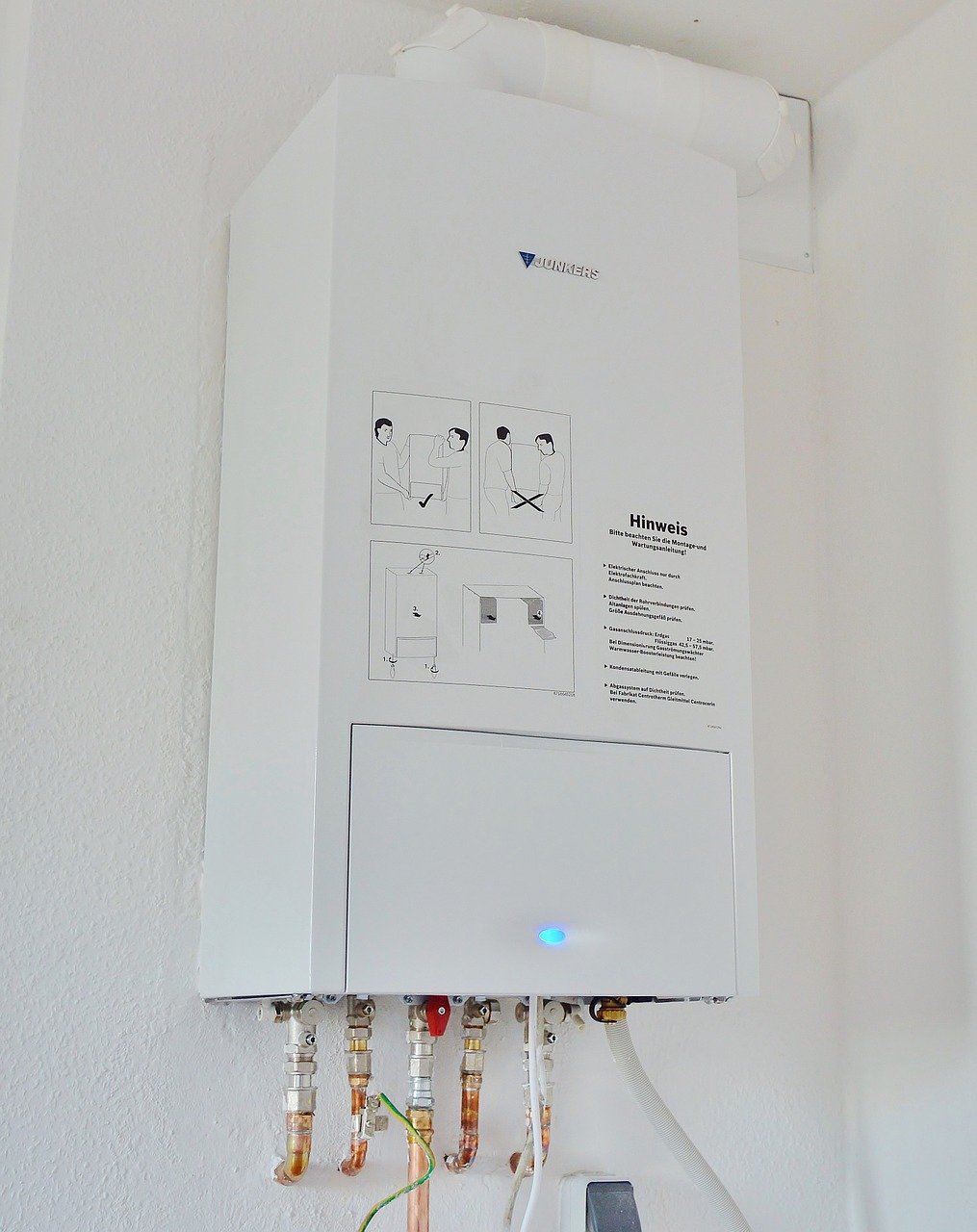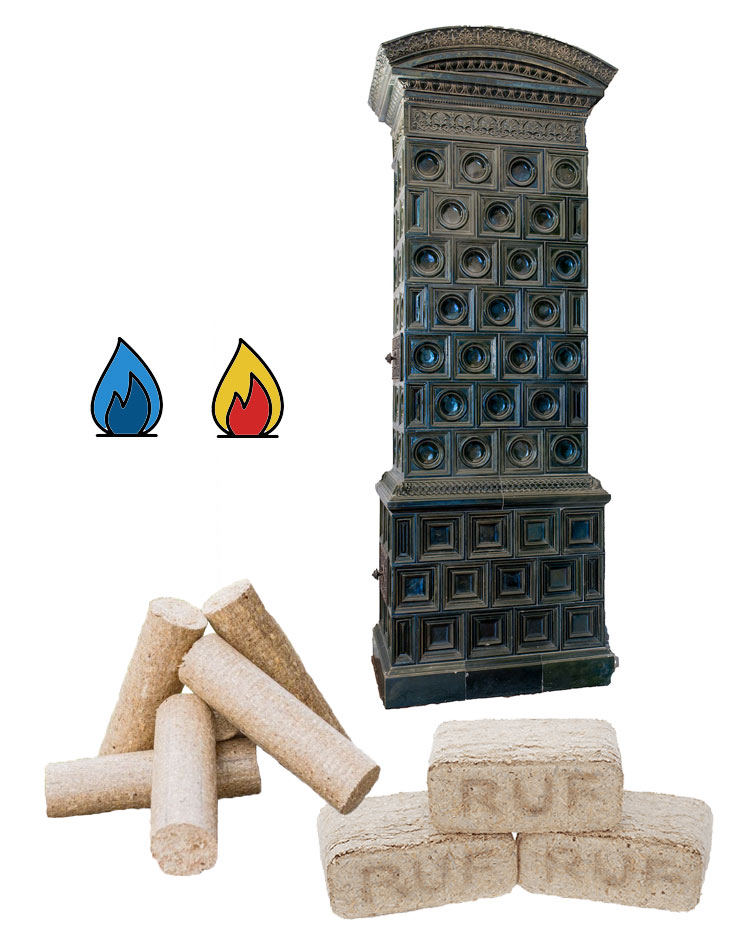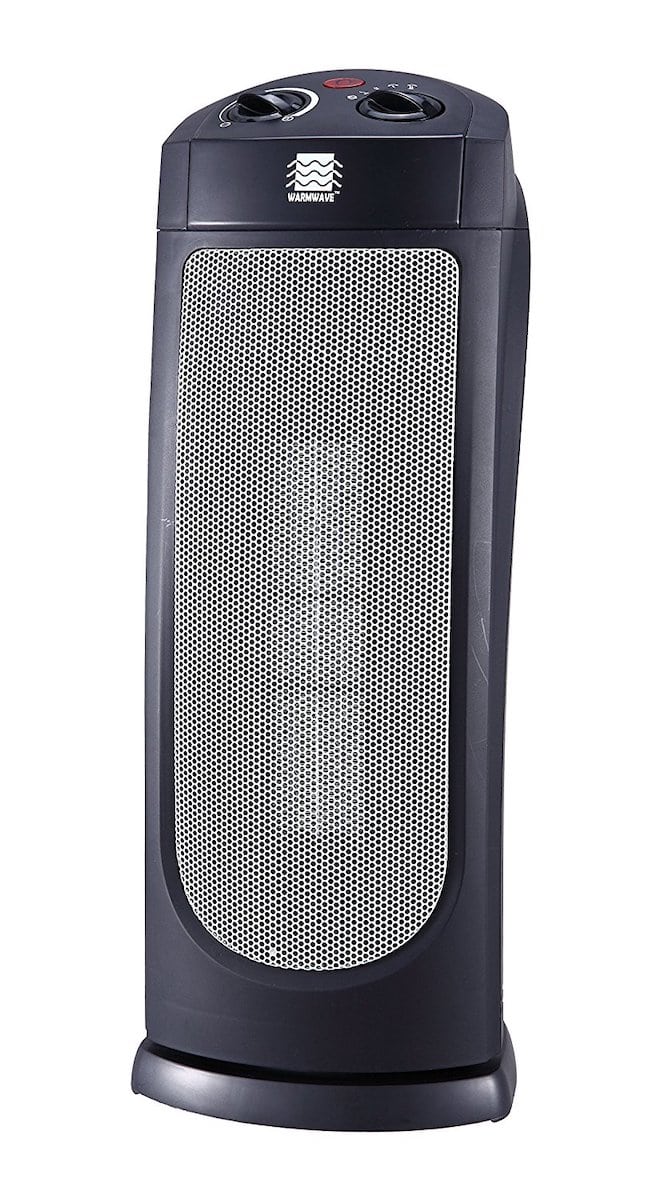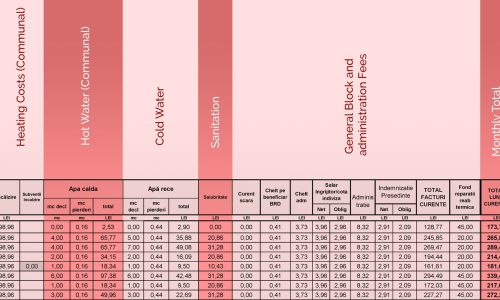Understanding what services and heating is available in your future accommodation is important when it comes to predicting costs at different times of the year and ensuring that you’re kept comfortable and have access to the important essentials.
CENTRAL HEATING (CENTRALA)
This is the most common form of water and building heating that you will find in Cluj-Napoca. It’s probably what you are familiar with back home, and offers a modern and instant source of heating and hot water. However, it’s important to understand, that just because your new home will have a central heating system, it doesn’t guarantee that it’s efficient or in fact that it works properly.
Be sure to check the following:
- Last and next date of service
- Pressure gauge (the dial or indicator on the front indicating the water pressure)
- Any signs of leaking or damage
- Ensure the exhaust pipe is not blocked or damaged
You should ask the owner to test the hot water for around 30 seconds to ensure that the central heating system doesn’t cut out or cause any reasons for concern. In most cases, your rental contract will cover the costs of any repairs required to the heating system, providing that the damage wasn’t caused by you, or was present at the time when you moved into the property. This is why it’s important to verify that it’s working properly, and bring any possible faults to the attention of the owner from the start.
If you will move into the property during warmer months, it’s important to still test the radiators, even if it’s just for a few minutes. The last thing you want, is a heating outage in winter.
COMMUNAL HEATING SYSTEMS
Less common, but not totally unheard of, are the original community heating systems, which were installed back during the times when communism was the way of life in Romania. Large blocks of apartments were serviced by centralised heating systems, stored in giant heating rooms in the neighbourhood. Hot water and heating was available by pumping from these heating rooms, to every apartment in that area, which resulted in typically, lower heating bills, but lack of control.
If your new apartment will use one of these heating systems, you will need to pay your bill for the heating as a part of the “Cheltuieli” payments each month, to the administrator of the building. It’s possible that your apartment will have both a central heating system or water heater, just for the hot water, and your heating for winter will be provided by the communal system. In such cases, you’ll be expected to pay for two water bills, but normally, it’s still less expensive that a central heating system for both hot water and heating.
The biggest downside to having a communal heating system, is the fact that the heating is only available during certain months (normally starting from October or November). Meaning that if you want to turn on your heating sooner, you will have to invest in some portable heaters or alternative heat source.
Also, if your hot water is provided by the communal heating system and you are not on the ground floor, you can expect to have problems with water pressure during the morning hours, as other residents of the block take their baths and showers, ultimately, using up the water before it gets to your apartment.
RADIATORS
Regardless of what heating system you have, be sure to check the radiators of the property that you will be renting. Some believe that the older, large radiators are more efficient and trap heat longer than some of their newer alternative designs, but this isn’t always the case.
You should also check the valves on the radiator to make sure they are not leaking or show sign of damage, and of course, that they function correctly. Also, upon moving in, the owner, or someone familiar with “bleeding” a radiator, should ensure that there is no air trapped in the system, resulting in poor heat distribution.
CERAMIC / MASONRY HEATING SYSTEMS (SOBA)
These are some of the earliest heating systems that were installed into old buildings all over Cluj-Napoca. Although they are quite rare nowadays, houses or very old apartments can still have these installed and functional.
There is a sense of tradition to having these dominant structures in your property and they are quite efficient heaters, when used and serviced correctly. The cost of running one of these wood-burning heaters, can also be quite low. You can purchase either actual wood, although this can be quite expensive, so a more cost-effective and efficient solution is to visit a local hardware store such as Praktiker, Dedeman or Leroy Merlin to pick up some “briquettes” or “brichete” in Romanian.
Other variations of these, are heated from burning gas, which in-turn heats the bricks and causes the same affect. However, this is typically much more expensive.
However, as wonderful as these installations might be, they do require maintenance and servicing from time-to-time. If your future property has one of these and you plan to use it, you should check the following with the owner:
- Has it been used recently and does it work well?
- Have the chimneys and ventilation been cleared and serviced?
- Can it be / is it gas fueled or just wood?
- Will they be willing to cover the cost of servicing and cleaning?
You should also perform a visual inspection of the device, to ensure that it’s fixed correctly and doesn’t show any obvious signs of damage or cracks in the structure. This can present a serious risk to health, especially if smoke will enter into the property due to cracks or blocked ventilation.
ELECTRIC HEATING SYSTEMS
There are cases in which there are no gas services at property. This could both be intentional or as the result of a conversion or modification where gas simply was not installed at the location.
Electric Heating Systems can be expensive to run, but are very efficient at providing quick heating as they tend to heat up faster than traditional radiators. However, they also tend to not store heat as long once they are turned off, as water-based radiators and usually cannot be covered by anything, for example when trying clothes.
The largest benefit of having an electric heating system, is the fact that you can manage your finances easier, due to the fact that you do not have both gas and electricity bills to pay, you only have the electricity for both power and heating.






